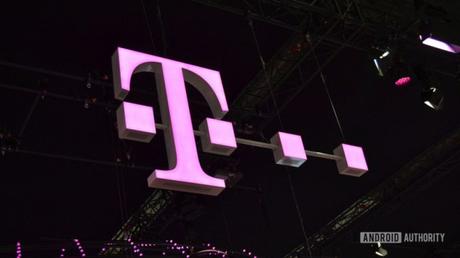
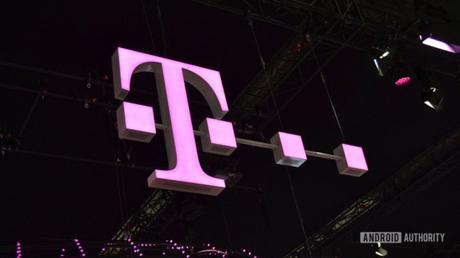
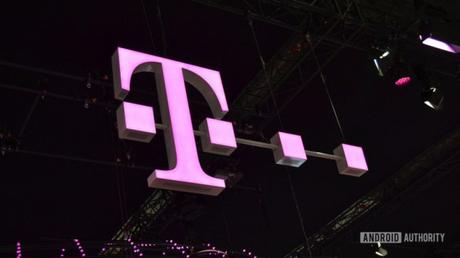
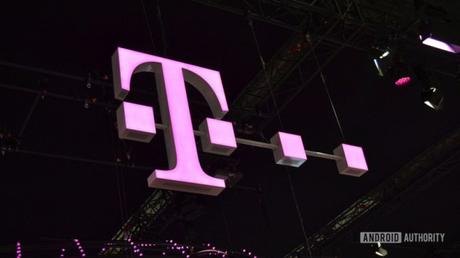
T-Mobile has held its own as the third largest US carrier for years, but now it has brought Sprint to its knees. In addition to the increased number of participants, did the merger also bring benefits to the Un-Carrier? Their goal is to become America's premier airline, and we are here to find out if it can. Let's pit T-Mobile versus Verizon and see which carrier is ready for your business.
See also: Verizon Buying Guide | T-Mobile Buying Guide
At first glance, Verizon and T-Mobile are as opposite as they come. We'll look, category by category, to see how each provider is doing in terms of pricing, coverage, phone choices, and more. Ready to choose your next carrier? Use this guide as a starting point.
T-Mobile vs Verizon Pricing
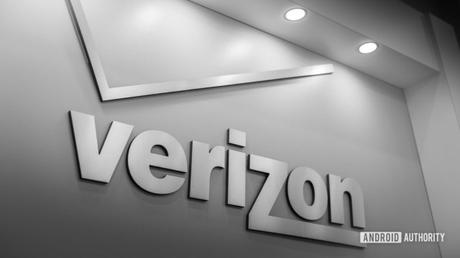
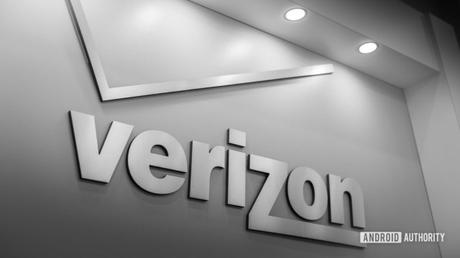
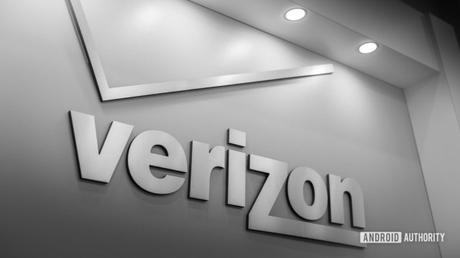
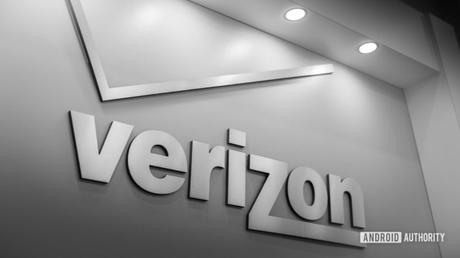
The first difference between T-Mobile and Verizon is pricing. Verizon is one of the most expensive cellular carriers while you can get T-Mobile nationwide access for less than ever. See the table below for some quick prices:
Whichever plan you choose, T-Mobile is the cheaper option. The more lines you add, the more you can save - starting at $ 10 per line when you have four lines. While T-Mobile's Essentials entry-level plan may skip some of the streaming benefits, you can't top $ 26 a line for unlimited speech, text, and data with 5G access.
The price gap widens even further on the mid-tier plans as T-Mobile adds Netflix or Quibi streaming to the mix. However, with just 3GB, you don't get as much 4G LTE hotspot access as you get with Verizon's 15GB. For the best benefits, contact Verizon. If you want to save a little green, stick with T-Mobile.
Once you've hit the most expensive plans - Get More Unlimited and Magenta Plus - T-Mobile makes even more features. It offers 20GB of 4G LTE hotspot access and remains $ 8 cheaper per line.
If you've decided that both Verizon and T-Mobile are a little on the expensive side, consider an MVNO on either network. Check out these buying guides while you're here:
T-Mobile versus Verizon - coverage
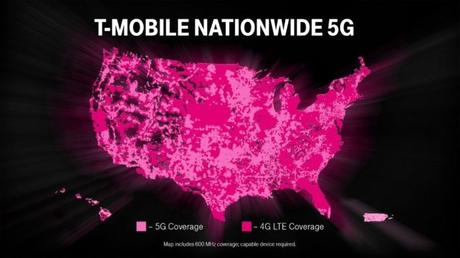
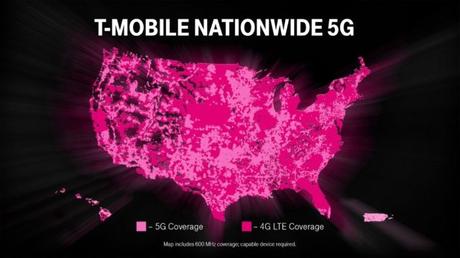
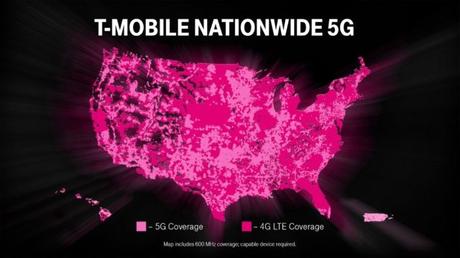
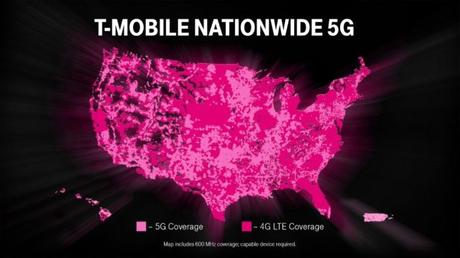
If you have an impressive coverage map, it makes sense to show it off. At least this is the case with the T-Mobile card, as shown above. The card is impressive, even though T-Mobile only claimed 62% 4G LTE coverage nationwide prior to merging with Sprint. Verizon had a healthy lead with 71% nationwide coverage. It might not sound like a massive difference, but it can have a real impact on the rural setting.
See also: Where is 5G available in the US?
While the Un-Carrier may lag behind Verizon in terms of true 4G LTE coverage, it is leading the way with its 5G rollout. Thanks to a low-band setup, T-Mobile can distribute its high-speed network over greater distances. Verizon, on the other hand, relies on a short-haul mmWave setup that is limited to select cities across the country. No nationwide map is offered, but you can check local coverage options here. You will most likely get higher 4G LTE and 5G speeds on the Big Red network. However, you might not see 5G local access for years.
T-Mobile vs Verizon - Perks and Promos
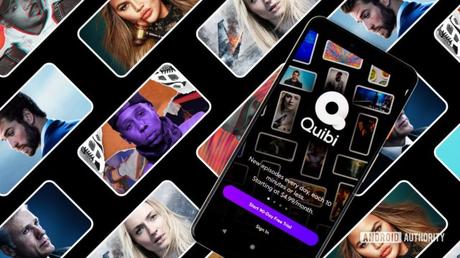
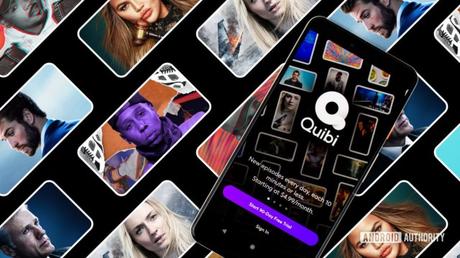
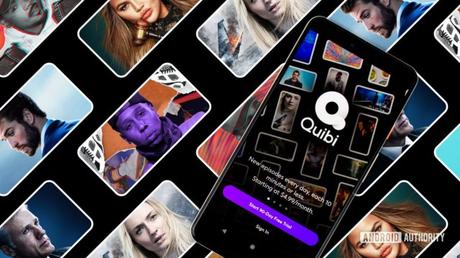
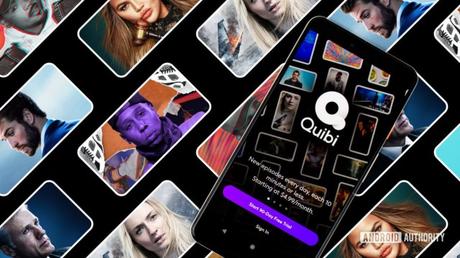
While coverage should be your primary concern, perks are just as important for the best all-round experience. Verizon is your best bet if you want streaming options. All unlimited plans include Apple Music and Disney Plus for at least six months. T-Mobile isn't a problem though - the Magenta and Magenta Plus plans include a choice of Netflix or Quibi. Refer to the following table for more streaming details:
As you can see, every Verizon plan promises access to Disney Plus, with the Play More and Get More options adding Hulu and ESPN Plus in addition. Outside of the video streaming space, you get Apple Music for six months with the Start, Play More, and Do More plans, while the Get More plan includes Apple Music permanently.
On the T-Mobile side, if you're interested in streaming perks, skip the Essentials plan. However, you have to decide whether to use Netflix or Quibi for Magenta and Magenta Plus. So choose wisely. The Magenta plan includes only one screen for access, while Magenta Plus doubles the number to two screens. T-Mobile may lag behind in terms of streaming benefits, but the T-Mobile Tuesday schedule is a nice plus. The service offers freebies, discounts, and more as long as you have the app.
See also: What is Quibi and why should you care?
Both T-Mobile and Verizon love good promotions. However, you'll need to get yourself a new device if you want to take advantage of the entire savings menu. Switching providers is as easy as trading with your device. You could just get a free phone from the offer! At T-Mobile, you can get an iPhone 11 or 11 Pro for free and up to $ 1,000 off the iPhone 11 Pro Max. Other solid options include half the LG Velvet or the iPhone SE.
At Verizon, many of the deals are based on the purchase of a model. This means that you will want to switch your entire family for maximum savings. Save $ 1,000 on a Galaxy Note 20 or get a new iPhone 11 for free with a new iPhone 11. Make sure to carefully review the terms of each deal. However, both providers offer great value for money when you are in the market for a new device.
See also: The Best Verizon Deals | The best T-Mobile offers
T-Mobile vs Verizon - Phone Picks
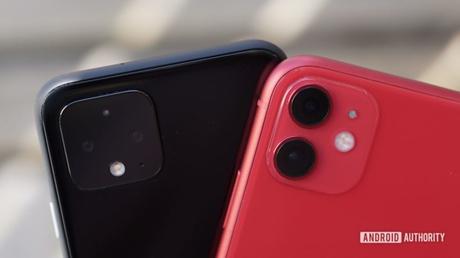
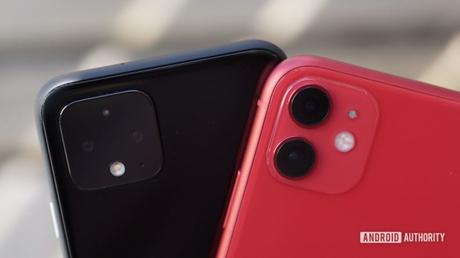
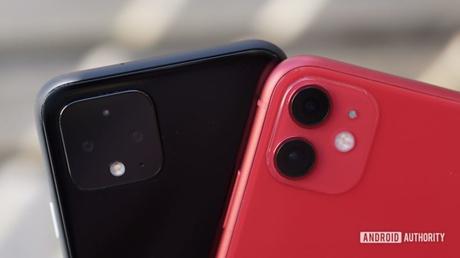
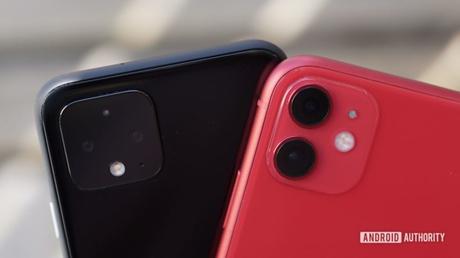
When it comes to new equipment, both vendors offer an impressive choice as two of the largest in the US. Most of each list is the same, although the CDMA and GSM division offers some unique choices. Verizon continues to rely on the CDMA setup, while T-Mobile has switched to the newer GSM framework. That means you can bring a wider range of phones, especially from OnePlus, to the Un-Carrier.
See also: Best Verizon Phones | Best T-Phones
Verizon may not have the same OnePlus relationship, but they have a strong bond with Motorola. If you're looking for one of the latest Moto phones like the Motorola Edge Plus, Big Red is the only way to go. You'll also need to check out Verizon for devices like the new Samsung Galaxy Z Fold2 5G.
You can technically use Motorola devices on T-Mobile, although they have been renamed as Revvl-Line of the Un-Carrier. One of the few differences outside of the Revvl line is that Verizon is offering the brand new Google Pixel 4a for just $ 10 a month.
Which carrier is right for you?
We may have to wait a while to feel the full effects of the Sprint and T-Mobile merger, but you should probably choose your carrier beforehand. In the T-Mobile versus Verizon debate, there is no straight answer because there are many differences to consider. T-Mobile is sure to be the cheaper option and has the largest 5G network you can find right now. Verizon, on the other hand, covers most of the 4G LTE territory - where you'll likely be spending most of your time anyway. You may also want to consider CDMA and GSM separation when making your choice.
The network that is right for us may not suit you, and none of these options may be a perfect fit. If so, here are some other providers to consider:
